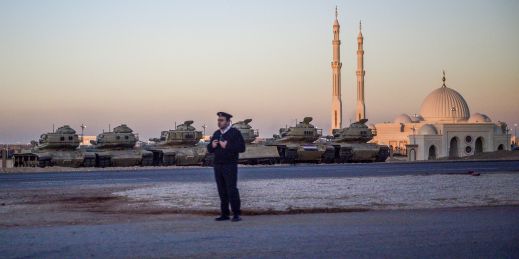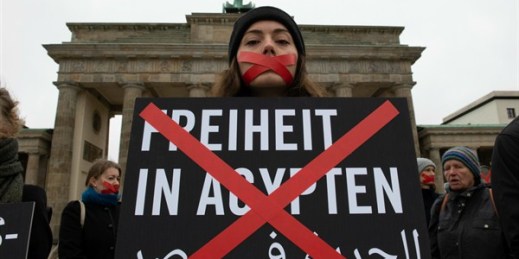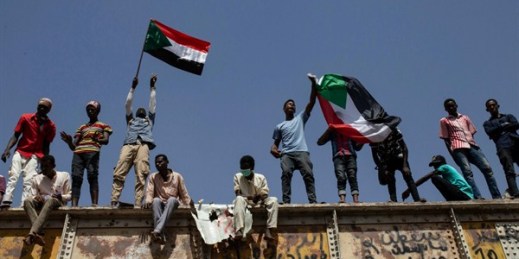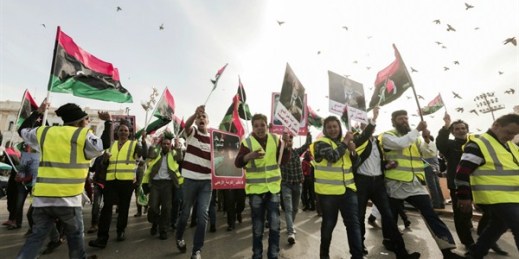
It doesn’t seem like an accident that Egypt’s prime minister, Mostafa Madbouly, used to be the country’s housing minister and, before that, the head of the government agency that came up with elaborate, mostly unrealistic urban development plans, including one that reimagined Cairo as Dubai in the Nile Valley. Since President Abdel Fattah el-Sisi took power in a coup in 2013, he has set out to build. Canals, bridges, cities—they are all part of an old school nationalist development agenda redesigned for the 21st century. Taking their cues from recent building sprees in China and the Gulf states, Sisi’s megaprojects […]



